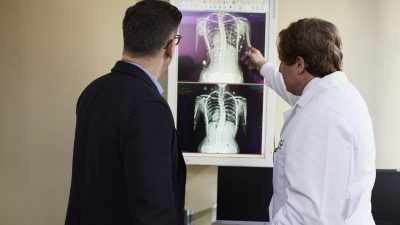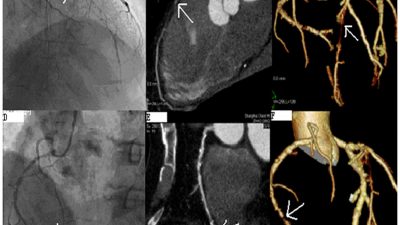This week, three very different articles caught our attention as relates to quality cardiovascular care. High quality low cost cardiology services are connected when hospitals focus on reducing unnecessary care variations. Accreditation could help with that. Plus, a Stanford University MD calls professional society guidelines into question, and results from a cohort study land on the side of complete revascularization.
Turn Cardiology Guidelines Over to Outsiders – MedPage Today
John Ioannidis, MD, of Stanford University wrote an opinion piece in Circulation: Cardiovascular Quality and Outcomes questioning whether professional societies should continue to use predominantly “insider” experts as authors of their important care guidelines. “Having professional societies and their specialist members author both the main guidelines and the performance measures and appropriate use criteria is actually increasing the risk of one-sided views… and of escalating costs and harms,” he wrote. “There would be far more recommendations to cut back on wasteful services, if high-profile professional specialists who offer these services were disentangled from authoring these documents.” MedPage Today reports on responses from the American Heart Association and American College of Cardiology, which argue that they have clear rules in place to minimize industry influence on guidelines. Read more »
Cutting Variation in Hospital Care Brings High Quality, Lower Costs – Health IT Analytics
Recent data from the Advisory Board shows high quality care and lower costs are connected for hospitals—the highest quality facilities, benchmarked on quality metrics alone, also delivered lower-cost care for 82 percent of diagnoses included in the study. The key? “Care variation reduction is one of the few avenues for generating the level of savings needed to withstand downward pressures on hospital revenues without negatively impacting care, and hopefully improving it,” said Steven Berkow of Advisory Board to Health IT Analytics. “Achieving a realistic chunk of this savings opportunity… will require most health systems to rethink how they prioritize, set and embed care standards.” Another piece of the quality and savings puzzle—cutting down on unnecessary testing or imaging, which relates back to Dr. Ioannidis’s opinion piece, above. Read more »
Accreditation Can Help Reduce Unnecessary Variation for High Quality, Low Cost Cardiology Services – ACE
Accreditation for Cardiovascular Excellence can provide your organization a proven avenue to prioritize, set and embed care standards that result in high quality care delivery. The third-party, supportive value of our accreditation processes further empowers organizations and individuals to collaborate meaningfully on quality improvement initiatives and ultimately reduce care variations. Based on the above data from the Advisory Board, this reduction in variations could help accreditation pay for itself, while focusing entirely on promoting quality practice. Learn more about our accreditation, here »
Complete Revascularization Improves Long-term NSTEMI Outcomes, Cohort Study Suggests – TCTMD
Another story from last week might eventually have a significant impact on quality care—a non-randomized study showed complete revascularization in an initial PCI, as opposed to culprit-only intervention, lead to a higher in-hospital mortality risk but a lower rate of all-cause mortality over 5 years of follow-up. An accompanying editorial argued that a randomized trial was required to confirm the benefit of complete revascularization. Read more »












